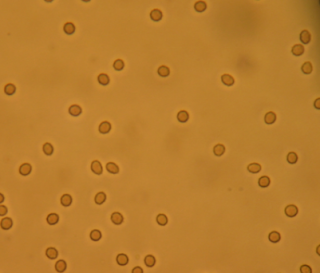Hope for Women with Frequent, Unexplained Miscarriages
A study of 50 women given a drug combination to help prevent recurrent miscarriages and 52 untreated women showed better outcomes in the group receiving drug therapy.
Clinical researchers at the University of Vienna School of Medicine were encouraged by results in the treated group compared to untreated women of similar age and number of miscarriages.
In those receiving high-dose, low duration prednisone and aspirin, progesterone and folate in early pregnancy, 77% gave birth, compared to 35% in the untreated group. In the treated women, 19% miscarried in the first trimester, compared with 63% in the comparison group.
None of the treated women miscarried in the second trimester, while 2% of untreated women did. In addition, the treated group did not show a higher rate of preterm birth or fetal growth restriction.
Recurrent miscarriage is defined as at least three consecutive spontaneous miscarriages before 20 weeks of gestation. While many women have unknown causes, contributory factors to spontaneous pregnancy loss are higher maternal age, smoking, and drinking.
Study results were published in the journal Fertility and Sterility. Researchers concluded that this particular drug regimen increases a woman’s chances of having a baby after experiencing repeated miscarriages. More trials are called for to confirm these results.
Clinical researchers at the University of Vienna School of Medicine were encouraged by results in the treated group compared to untreated women of similar age and number of miscarriages.
In those receiving high-dose, low duration prednisone and aspirin, progesterone and folate in early pregnancy, 77% gave birth, compared to 35% in the untreated group. In the treated women, 19% miscarried in the first trimester, compared with 63% in the comparison group.
None of the treated women miscarried in the second trimester, while 2% of untreated women did. In addition, the treated group did not show a higher rate of preterm birth or fetal growth restriction.
Recurrent miscarriage is defined as at least three consecutive spontaneous miscarriages before 20 weeks of gestation. While many women have unknown causes, contributory factors to spontaneous pregnancy loss are higher maternal age, smoking, and drinking.
Study results were published in the journal Fertility and Sterility. Researchers concluded that this particular drug regimen increases a woman’s chances of having a baby after experiencing repeated miscarriages. More trials are called for to confirm these results.




Comments
Post a Comment